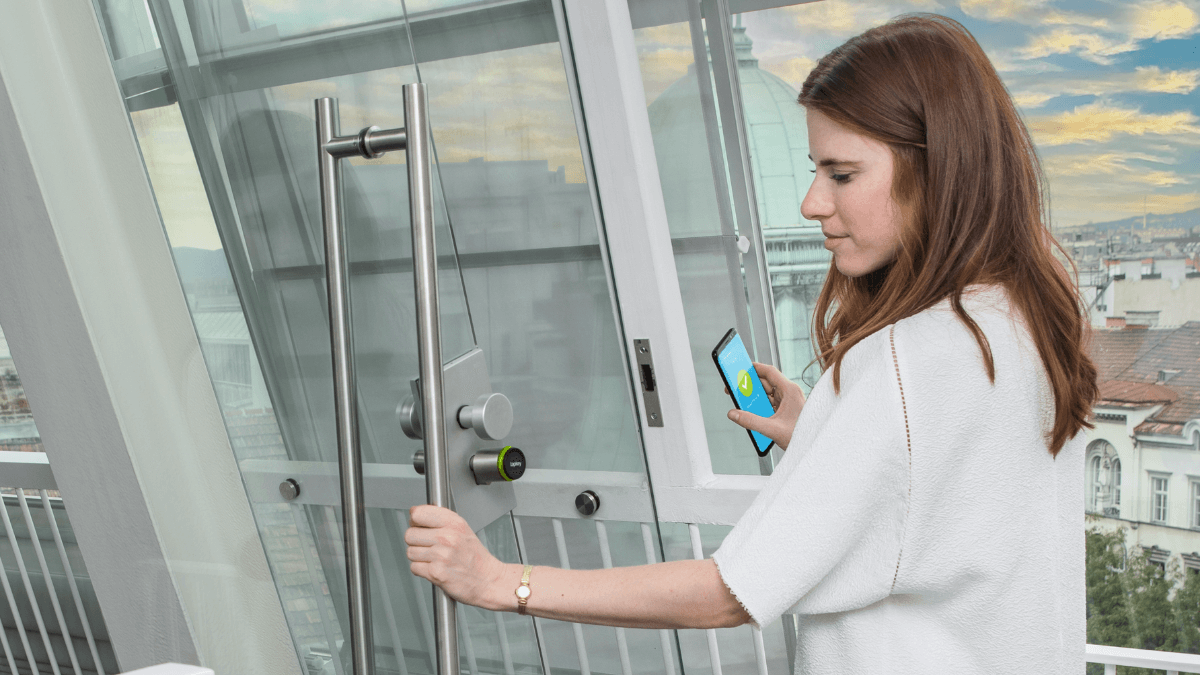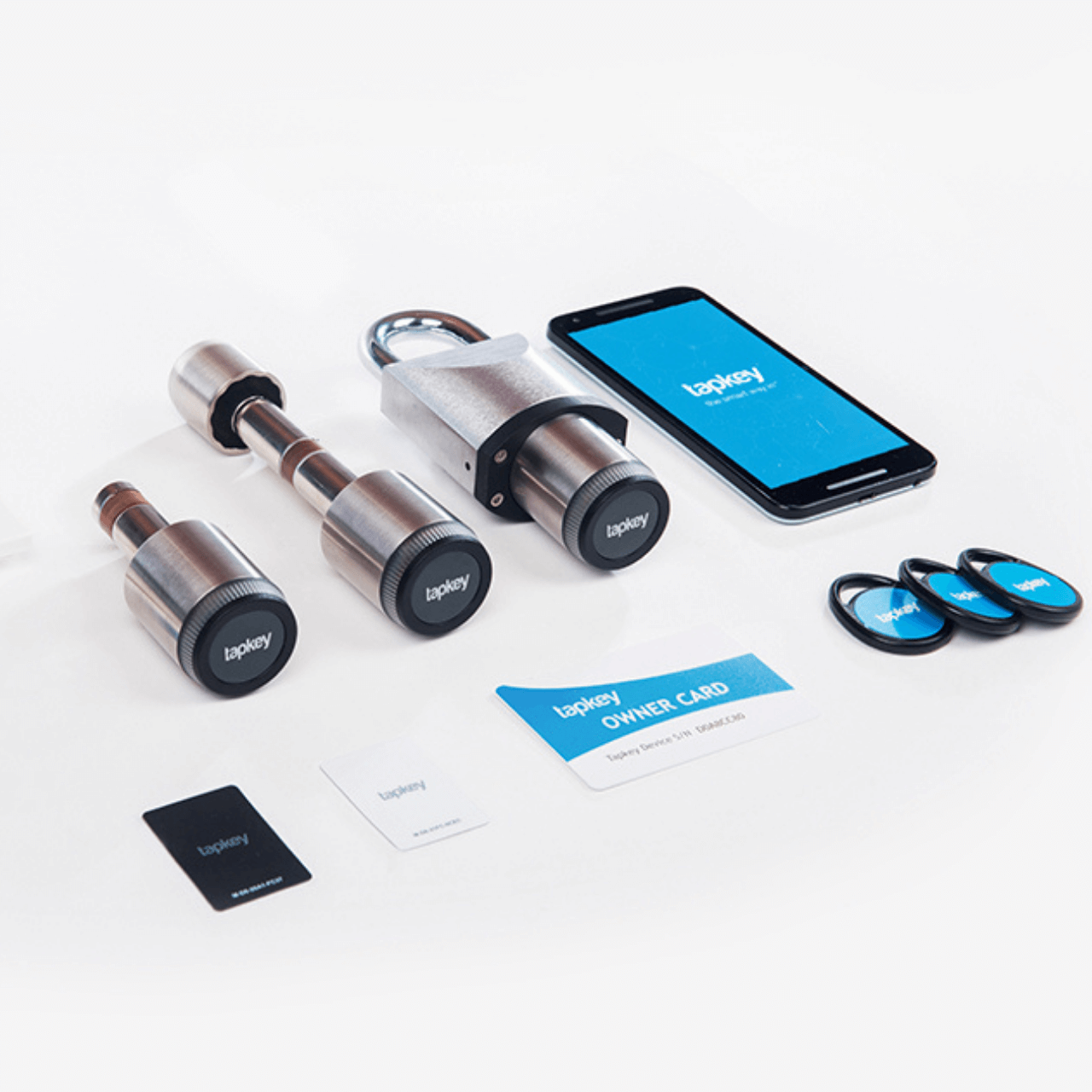As we have entered this new year, the question is no longer if smart access will define our future—it undeniably already has. Instead, we delve into how AI and additional groundbreaking technologies will revolutionize its function and potential. This reflection isn’t just a thought exercise; it’s a glimpse into the rapidly approaching future of how we interact with the spaces around us.
The Evolution of Smart Access: A Relationship with Space
While traditional access systems have served us well with their functionality, they fall short in understanding and adapting to user behaviour. They treat each entry as a standalone event, ignoring the rich tapestry of user habits and routines. This is where Habitual Smart Access emerges—a system that not only recognizes you but knows you.
Imagine an access system that learns your weekly patterns—knowing you’re likely to be at the office every Wednesday by 9 AM and adjusts to your changed schedule on rainy days when you tend to arrive later. This isn’t about mere convenience; it’s about creating an intuitive, almost humanlike interaction between you and the spaces you frequent.
Spaces That Understand and Secure
Systems like this are set to transform our environments into intelligent entities that react to our presence in sophisticated ways. Central to this evolution is the enhancement of security. AI-driven systems are proficient at detecting anomalies in behaviour, thereby tailoring access control to ensure safety and security.
“The true power of AI in transforming our spaces lies not in convenience, but in security. With AI’s ability to detect unusual patterns, we can tailor access control in real-time. Imagine a virtual bouncer—using AI to deny access to those who pose a potential risk, such as intoxicated individuals or worse. It’s a step beyond merely providing access – it’s about revolutionising access control with AI, aligning with both security and convenience goals. Yet, pivotal to this endeavour is the aspect of privacy. Harmonizing these advanced capabilities with our unwavering commitment to stringent data protection is, unmistakably, the hallmark of navigating the right path.” — Markus Minichmayr | Co-CEO, CTO & Co-Founder of Tapkey
Moreover, this approach to access control allows for more efficient management of resources, aligning with sustainability goals by optimizing utilities based on occupancy predictions.
At Tapkey, we’re not just waiting for the future; we’re actively crafting it. Our commitment goes beyond enhancing smart access systems; it’s about reshaping how we interact with the spaces around us, making them active, intuitive participants in our daily routines. This is the future we envision—one where every interaction with a space is as natural and personalized as the relationships we share with those around us. With maximum security.





The Future of Automotive Access Control
As populations become increasingly urbanised, inner-city transportation models [...]
Mehr lesenAug
Checklist For Integrators: The Power of Tapkey
What can Tapkey do in detail? What should [...]
Mehr lesenApr
Hardware or Software: It Takes Both!
The access control industry has changed. While there [...]
Mehr lesenJul
The 3 Main Challenges of The Access Control Industry And How to Deal With Them
Discover the main challenges and role of risk-taking [...]
Mehr lesenJul